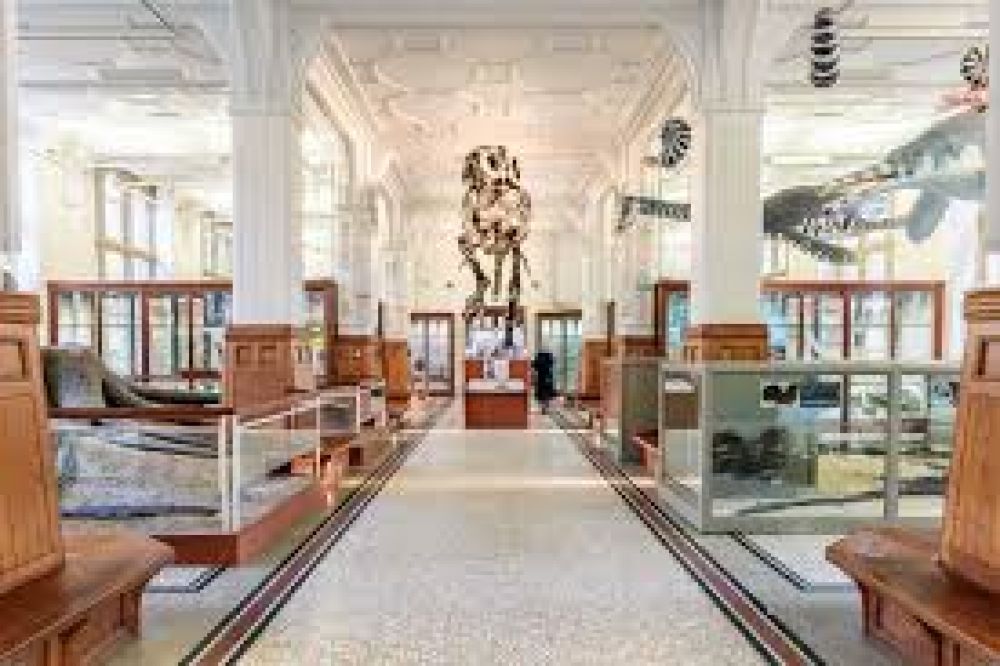

The Manchester Museum, part of the University of Manchester, is a significant cultural destination located in the heart of the city. Opened to the public in the late 19th century, the museum has played a vital role in the educational, cultural, and scientific life of Manchester and the broader UK community.
The origins of the museum can be traced back to the work of the Manchester Society of Natural History, which was established in 1821. However, the museum as we know it today, with its own dedicated building, was opened in 1888. Its collection included the natural history items and various other objects collected by the society and private collectors. Over the years, the museum has expanded significantly, benefiting from various donations and acquisitions that have enhanced its collection.
During World War II, the museum faced challenges, as many others did across Europe. It was closed to the public for a time and parts of its collection were relocated for safekeeping. Despite such setbacks, Manchester Museum survived the war and resumed its public service, contributing to the city's post-war cultural renaissance.
In recent years, the museum has undergone significant renovations to update its facilities and improve the visitor experience. One of the key developments was the integration of digital technology within the exhibits, bridging the gap between the physical and the digital experience for guests. The museum's dynamic approach to temporary and permanent exhibitions keeps the content fresh and engaging for repeat visitors, ensuring a steady flow of both local and international tourists.
The latest trends in tourism at the Manchester Museum include a focus on sustainability and creating interactive and immersive experiences. The museum also caters to a broader audience through community engagement programs and events that make it a hub of knowledge and activity within Manchester.
Accessibility is paramount, and the museum makes a concerted effort to be inclusive for visitors with disabilities, offering resources to ensure all guests can fully enjoy their experience. This commitment to accessibility aligns with modern tourism trends that emphasize inclusivity.
Manchester Museum also serves an educational role, with its vast collections providing invaluable resources for research and learning. It maintains partnerships with local schools and international institutions, enabling a wide range of educational programs that support its status as a leading tourist and educational destination.
The Manchester Museum continues to evolve and adapt in an ever-changing tourism landscape. Its rich history and commitment to innovation and inclusivity ensure it remains a popular and highly regarded institution, both within Manchester and on the global stage. As it looks to the future, it is poised to continue serving its visitors with a blend of historical significance and contemporary relevance.